Failing is built into the weight game. There is no way to play it and win. [To be healthy, we need to move beyond being] brainwashed by a sixty-billion-dollar-a-year diet industry."
At Thrive Wellness Coaching we support lasting lifestyle change by working with clients to establish permenant healthy habits; no diets allowed! Learn about our personal coaching services and leave the dieting yo-yo cycles behind on your path to sutainable healthy living.
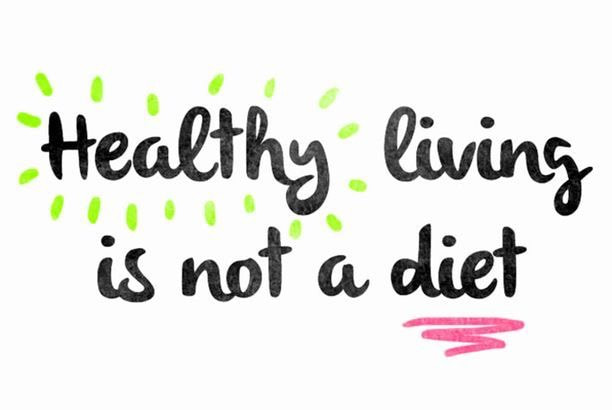
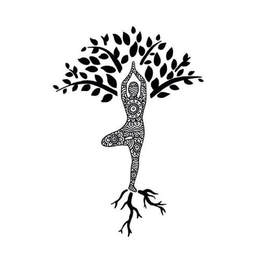

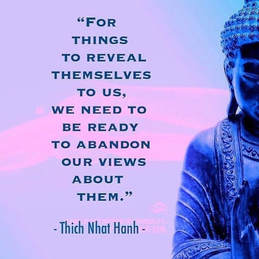
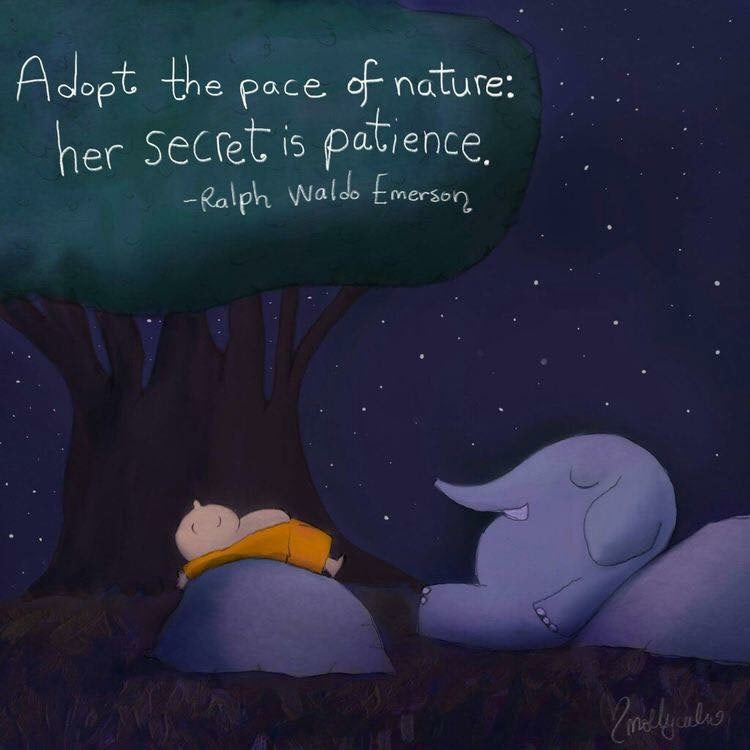

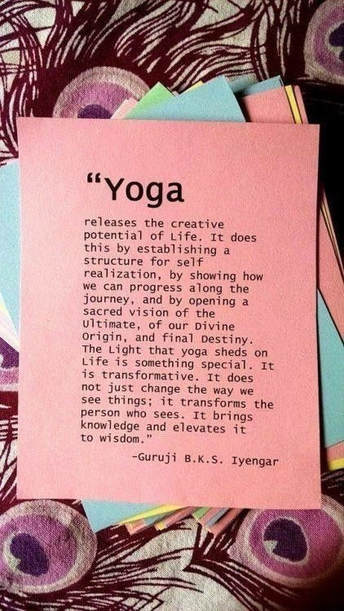
 RSS Feed
RSS Feed